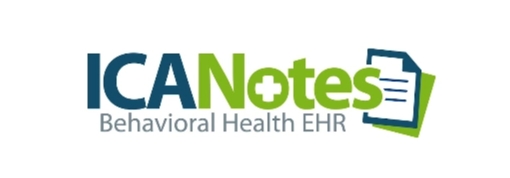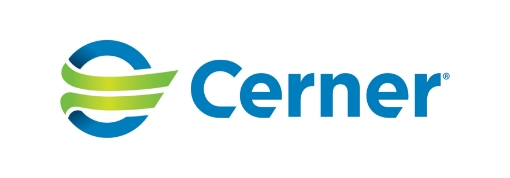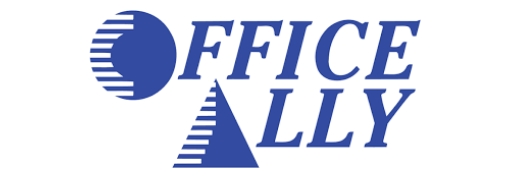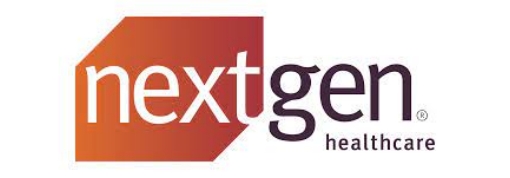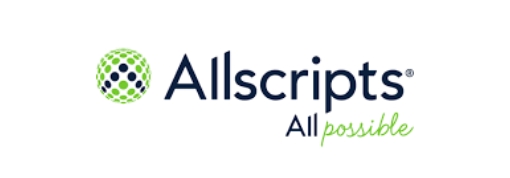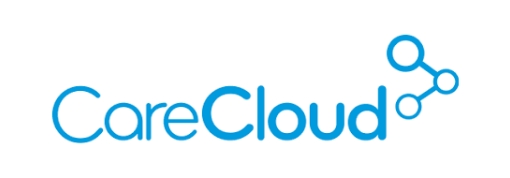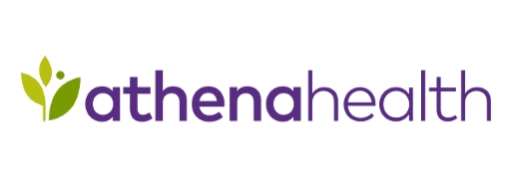Referral Management
- Home
- Referral Management
Under the referral management program, the patient's current physician or family physician refers them to another specialist or consultant. It occurs when a change in diagnosis occurs, or when a particular issue arises that requires the attention of a specialist rather than a physician. It is a platform that facilitates the exchange of patient data among physicians and between physicians and patients. A referral management system aims to facilitate communication between consultants, specialists, healthcare providers, and patients. Coordination of care and operational arrangements become more efficient, and treatment and diagnosis become more reliable.

Patient Engagement Tools
Patient engagement tools are software applications or devices that help healthcare providers interact and communicate with patients, encourage patient participation in their healthcare, and improve health outcomes.

SmartFAX Management
SmartFAX management is a software tool that allows businesses to send, receive, and manage faxes electronically, reducing paper usage and streamlining document management processes.
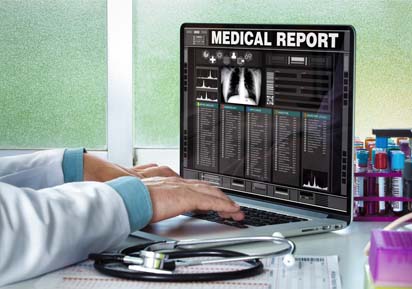
Patient Direct Scheduling
Patient direct scheduling is a feature offered by some healthcare providers that allows patients to schedule appointments directly, without the need for a referral from another provider or administrative staff.

Healthcare CRM
A healthcare customer relationship management (CRM) system is a software platform that helps healthcare providers manage patient relationships and interactions, improve patient satisfaction, and streamline marketing and outreach efforts.

Consult Management
Consult management is a process that helps healthcare providers manage patient referrals and consultations efficiently, ensuring timely delivery of care and effective communication between healthcare providers.
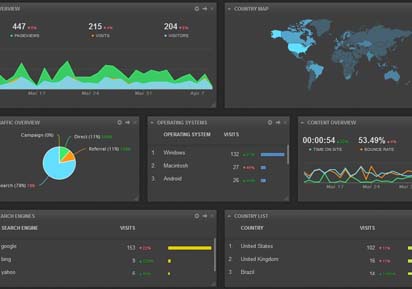
Real-Time Referral Analytics
Real-time referral analytics is a software tool that provides healthcare organizations with real-time data and insights on their referral processes, enabling them to track and improve referral outcomes and optimize workflows.
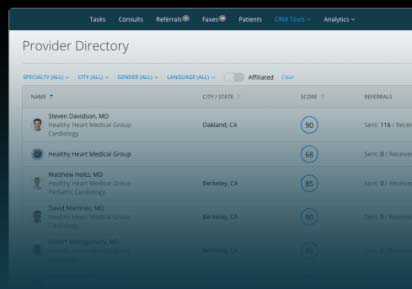
SmartMATCH Decision Support
SmartMATCH decision support is a software tool that uses artificial intelligence and machine learning algorithms to help healthcare providers make evidence-based treatment decisions by analyzing patient data and clinical guidelines.

Referral Management Solution
A referral management solution is a software tool that streamlines the process of referring patients to healthcare providers or facilities, improving communication, and reducing administrative burden for healthcare organizations.

Automate Prior Authorizations
Automate prior authorizations is a software tool that automates the process of obtaining prior authorizations from insurance providers, reducing administrative burden for healthcare organizations and improving the speed and accuracy of prior authorization requests.
How Does Referral Management Software Work?
Using referral management software, an organization can manage, operate, maintain, and improve its referral program. A referral management system generally consists of the following features:
- Establishing referral programs with multiple tiers on a single-sided and double-sided basis.
- Managing reward systems.
- Segmentation and customization of referral programs
- The tracking of referrals and prevention of referral fraud are implemented.
- Omnichannel communication is the use of multiple channels.
- An evaluation of the success of a referral is based on certain criteria.
Principles Of Good Referral Management
When planning a referral management program, it is important to consider the following principles. As a result, the following objectives have been set:
- When a patient is experiencing the most uncertain time in his or her life, it is essential to treat them as individuals with individual needs and concerns
- Assure professional autonomy and responsibility for patients and their referrals
- Identify referral management as an important clinical skill
- Provide services that are high in quality and efficient
- Maintain a high standard of data quality for the NHS
- Promoting the right to choose for patients
- Reduce costs without sacrificing quality
We Are Here For You

Choosing A Referral Management System
Before choosing a referral management system, it is important to take into account the advantages listed above. The following points should be considered when choosing a referral management system:
- A user-friendly and easy-to-navigate website is essential. This budget should be adjusted based on the amount of data and the number of users.
- Organizations must ensure communication between specialists and consultants
- Keeping track of referrals both in terms of time and process is important.
- Patient profiles should include detailed information about the patient
- Ideally, a system needs to be easy to implement and easy to adopt.
- Scalability is necessary to handle large amounts of data.
- Control access to data with a hierarchical user system.
- To handle referrals, use multiple channels.
Common Challenges for Referral Management Systems
While this is true, many health care providers are slow to adapt available technologies, thus further preventing the delivery of high quality patient care.
Leakage Of Referrals
Referral leaks are occurring across the country among healthcare providers. The loss of revenue resulting from these leaks has been estimated between 55% and 65%. Traditionally, referral management solutions have resulted in treatment delays.A critically ill patient cannot afford to delay treatment, so he or she leaves the network of their existing hospital to seek medical treatment at another facility.
Inadequate Follow-Up
In some cases, a delay may occur in closing the loop with the PCP following the referral appointment. According to a study published by the National Library of Medicine and the National Institutes of Health, approximately 40% of primary care physicians did not receive follow-up reports from specialists to whom they were referred.
Choosing The Right Specialists
A large hospital system frequently hosts a large number of specialists. As a result of acquisitions and mergers, primary care providers have no way of knowing whether a specialist is new or lacking experience. Despite having a specialist within the network, many PCPs are forced to refer patients outside of their network.
Documentation
Physicians often miss valuable information about patients due to the lack of coordination between healthcare providers.Moreover, referral systems often ignore findings and vital symptoms from initial tests, resulting in unnecessary health complications
Referral Errors
As a result of inefficient referral management systems, referral errors are one of the most common problems. Patients can suffer grave consequences as a result of these errors.Medical errors led to approximately 440,000 deaths in the United States in 2018, according to a study published in 2018.
We Will Only Promise to Issue For This Service What We Intend Actually to Grant
200 M+
Value of claims processed
24
Accounts Receivable Days
48Hours
Turn Around Time (TAT)
99%
Customer Retention
1,000,000
Number of Claims Processed
98%
First Pass Clean Claims Rate
4-9%
Revenue Improvement
30%
Reduction in A/R
